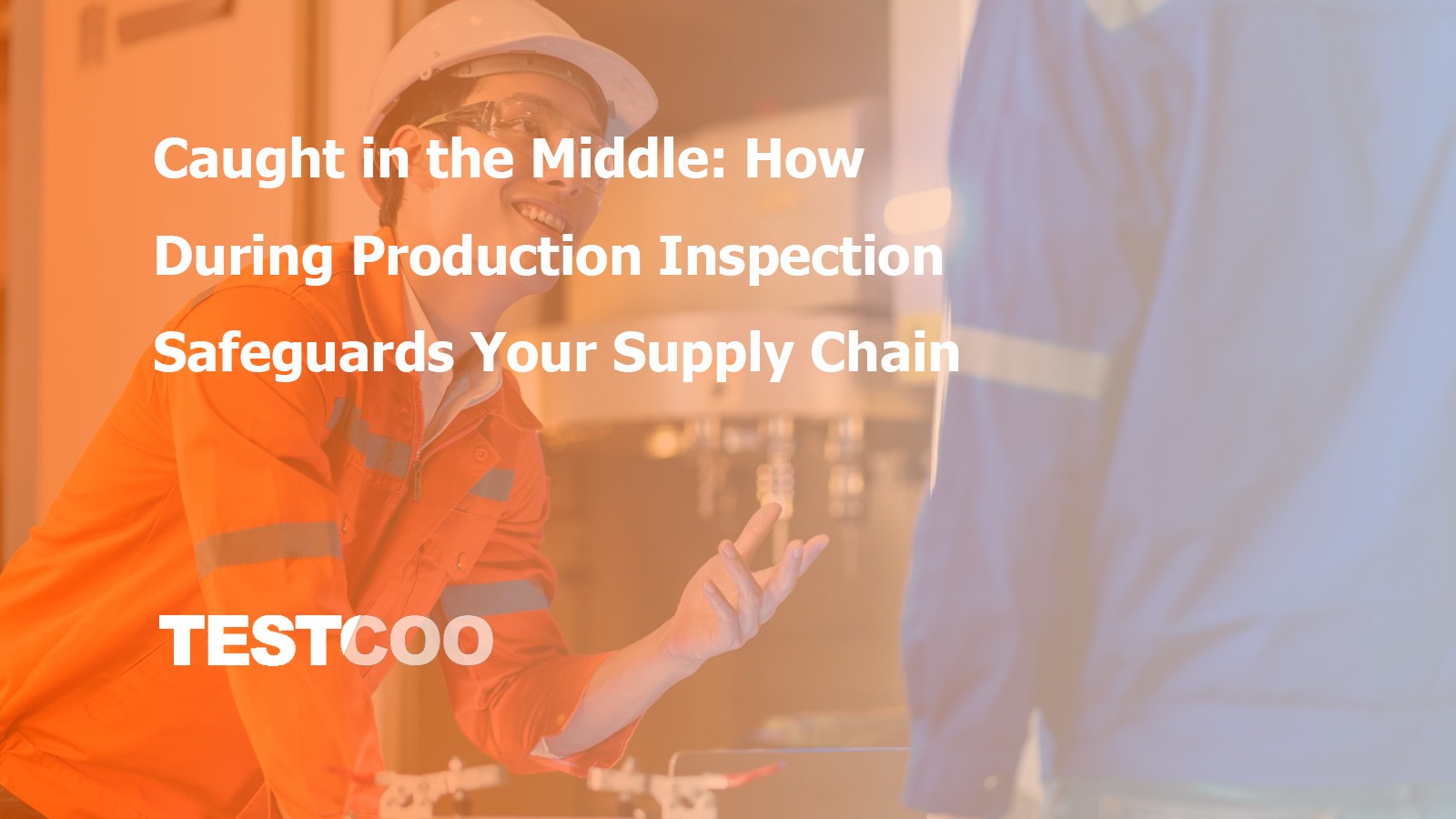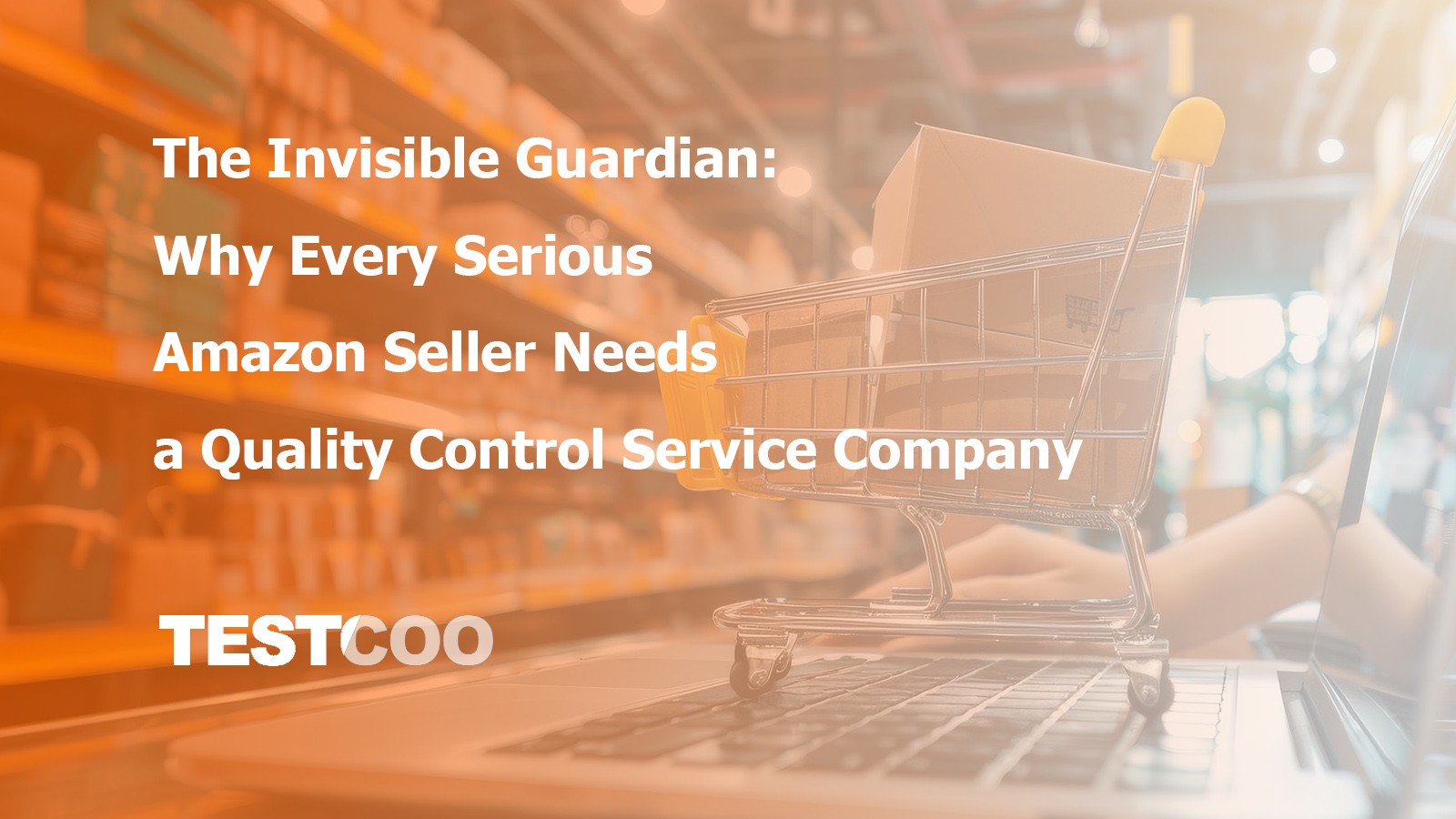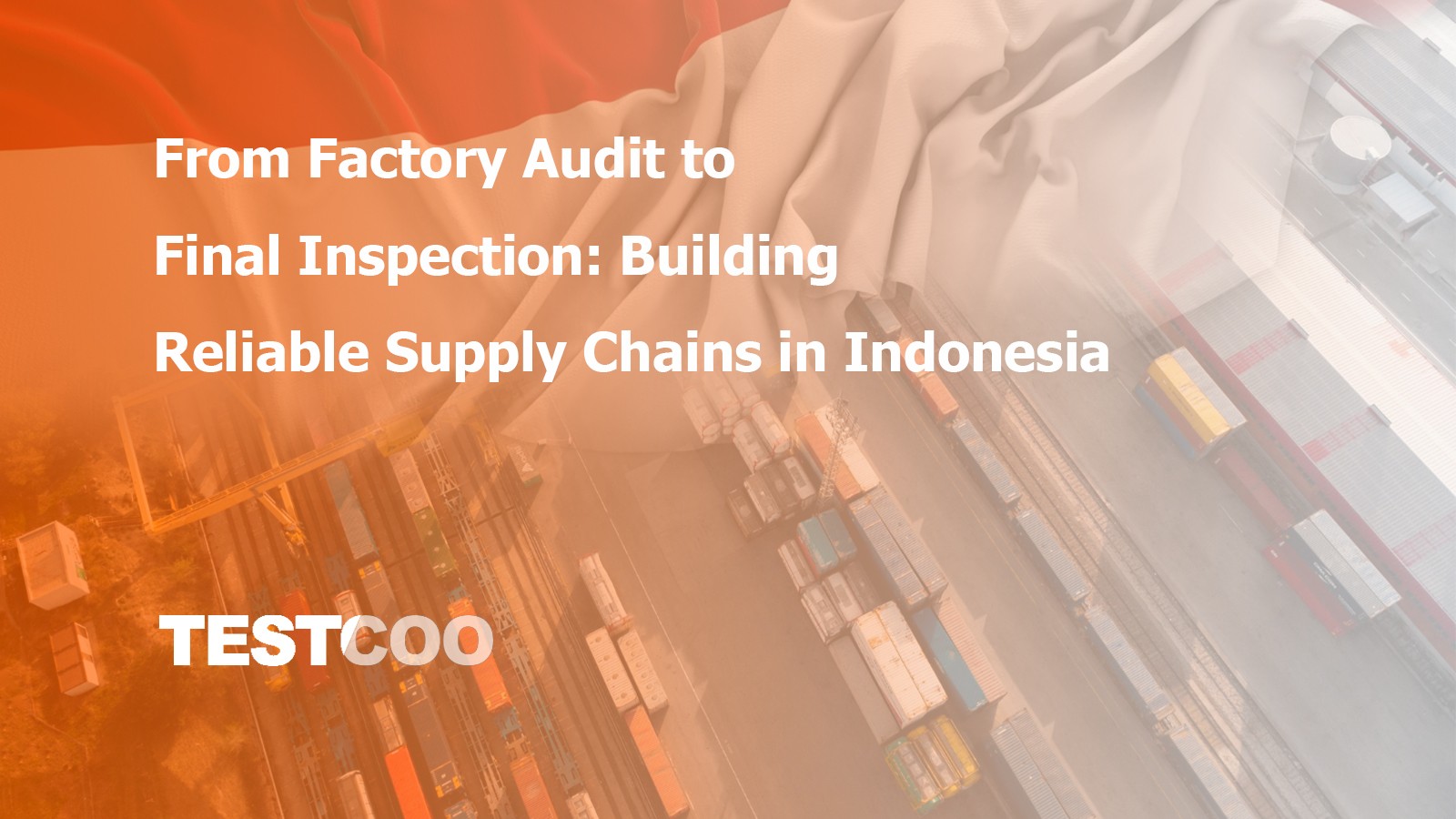Inspection First, Regret Never: Smart Brands’ Playbook to Avoid Quality Surprises
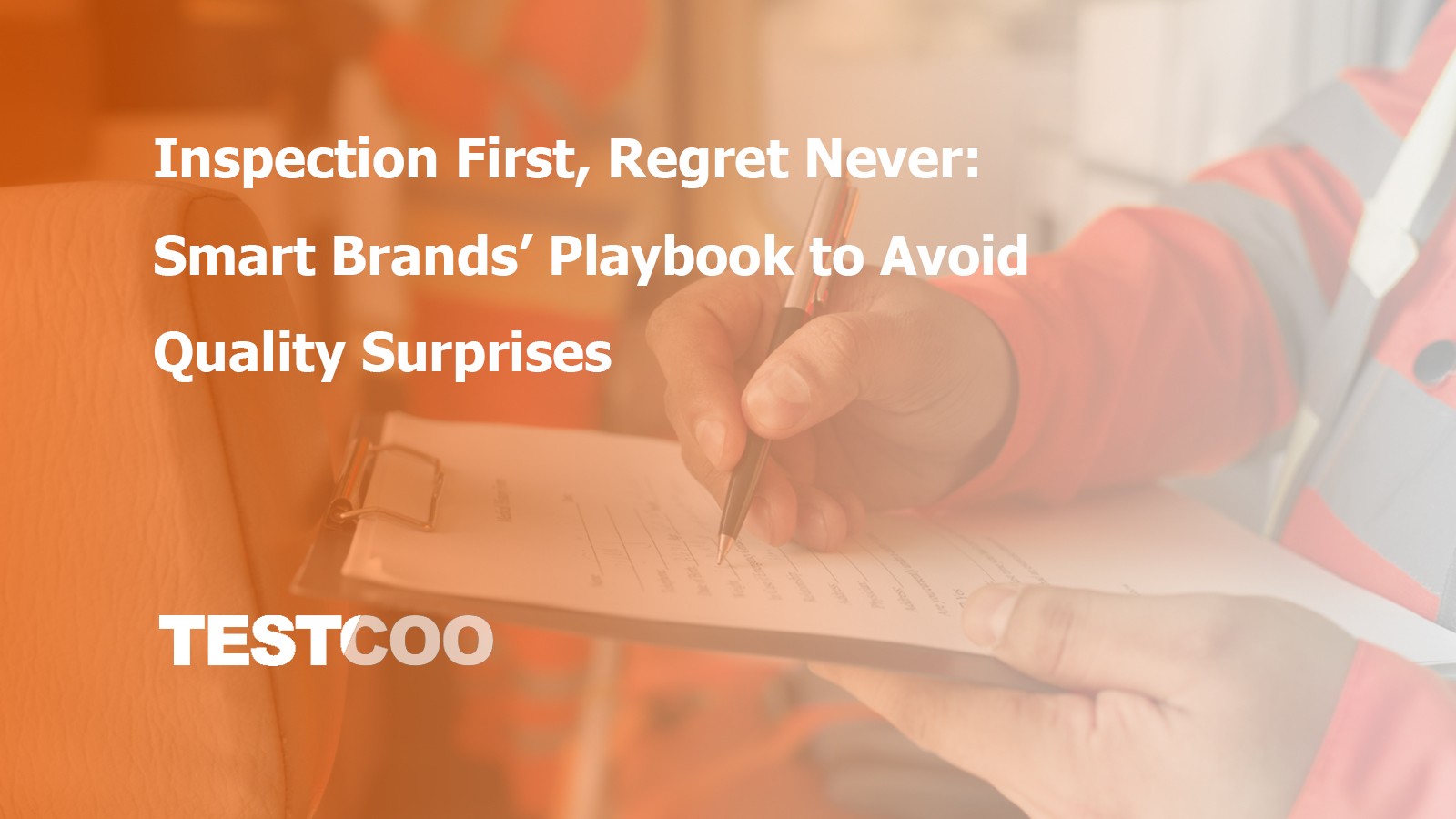
↵
In today’s fast-paced and quality-conscious marketplace, the phrase “you get what you inspect, not what you expect” holds more truth than ever. For smart brands aiming to protect their reputation, reduce costly returns and win customer trust, quality inspection is no longer optional, it’s strategic.
Welcome to the playbook of forward-thinking brands who put inspection first and never regret it later. In this article, discover how smart brands avoid costly quality issues by prioritizing inspections at every production stage. From supplier audits to final checks, the playbook outlines practical steps to reduce risk, ensure compliance and protect brand reputation through reliable third-party inspections. Stay ahead - inspect first, regret never.
Why Quality Surprises Are the Silent Profit Killers
Unexpected quality issues often strike when you least expect them after production is complete, during shipping or worse once products reach your customers. These surprises may not always make headlines, but they quietly eat away at your profits through costly returns, product recalls, damaged reputation and lost sales. Every overlooked defect or skipped inspection can snowball into significant financial loss and operational chaos. That’s why leading brands treat quality control not as a formality, but as a frontline defense. Addressing quality early means protecting profits later and avoiding the hidden dangers that silently erode your bottom line
And yet, countless businesses still fall into the trap of assuming their suppliers will maintain consistent quality without independent oversight. The result?
- Missed deadlines
- Expensive rework or disposal
- Damaged brand image
- Lost shelf space and contracts
The root cause? Skipping or minimizing product inspections.
What Is Product Inspection and Why Does It Matter So Much?
A product inspection is a systematic check conducted before, during or after production to ensure goods meet the buyer’s specifications, quality standards and regulatory requirements. Typically done by a third-party inspection agency, inspections serve as a neutral, objective way to verify quality.
Why it matters:
- Identifies defects early
- Prevents non-compliance with safety regulations
- Reduces shipping costs tied to faulty products
- Strengthens supplier accountability
- Enhances customer satisfaction
Whether you’re sourcing from Vietnam, Bangladesh, China or India, inspections ensure your global supply chain doesn’t turn into a global liability.
Read more: What is Quality Inspection? A Complete Guide
The Smart Brand’s Playbook: 7 Key Moves to Avoid Quality Surprises
1. Audit Before You Order: Vet Your Supplier Early
Before placing that first order, conduct a Factory Audit or Supplier Assessment. It’s your best chance to assess:
- Production capacity
- Quality management systems
- Certifications (e.g., ISO, BSCI, SA8000)
- Working conditions
- Environmental compliance
Pro tip: Smart brands use this as a long-term partner selection filter, not a one-time check.
2. Use a Clear Product Specification Sheet
If your product specs are vague or incomplete, expect the outcome to be the same.
A detailed Product Specification Sheet (PSS) includes:
- Technical drawings and measurements
- Material and component details
- Color swatches or Pantone codes
- Packaging requirements
- Tolerance levels and defect limits
Golden Rule: If it’s not documented, it’s open to interpretation.
3. Conduct Initial Production Checks (IPC)
A Pre-Production Inspection or an Initial Production Check ensures the factory has:
- Received the right raw materials
- Understood your requirements
- Allocated the correct machinery and manpower
This step helps avoid costly rework and production delays. Smart brands don’t wait until products are finished to start checking.
4. Don’t Skip the In-Process Inspection (DUPRO)
An In-Process Inspection or a During Production Inspection is your mid-production quality safety net. Here’s what it catches:
- Process inconsistencies
- Equipment malfunctions
- Worker training gaps
- Early-stage defects that can escalate
Fixing issues at 20% or 50% completion is far easier and cheaper than at 100%.
5. Always Run Final Random Inspections (FRI)
The Final Random Inspection, usually done when 80%-100% of goods are packed, is your last checkpoint before shipment. It evaluates:
- Overall product quality
- Packaging and labeling
- Barcode scannability
- Quantity accuracy
- Conformity with AQL standards (Acceptable Quality Limits)
Bonus Tip: Smart brands require photo reports and video verification for added transparency.
6. Include Specialized Lab Testing (When Required)
Inspections check physical product quality, but lab tests confirm:
- Chemical safety (e.g., REACH, CPSIA, RoHS)
- Textile content (e.g., fiber composition)
- Electrical safety (for electronics)
- Food contact material compliance
If you’re in regulated markets like the EU or US, testing is not optional, it’s the law.
7. Work With a Trusted Third-Party Inspection Partner
Smart brands don’t rely solely on the supplier’s in-house QC team.
They partner with independent inspection companies like Testcoo, which offer:
- Local inspectors in 30+ countries
- Same-day or 24-hour inspection booking
- Custom checklists per product category
- Digital reports with photos/videos
- Lab testing coordination
A trusted third-party ensures impartiality, accuracy and peace of mind.
Case in Point: When Inspection Saved the Day
A mid-sized European apparel brand placed a large order of denim jackets from a new supplier in South Asia. Before working with Testcoo, they faced:
- 18% defect rate in final shipment
- Packaging misprints
- Shipment delays due to missing certifications
Once they started using Final Random Inspections + Lab Testing, the defect rate dropped to 1.8% and their rejection rate from buyers fell to zero.
The inspection-first approach paid off.

The Hidden ROI of Putting Inspection First
You might wonder: Isn’t inspection an added cost? When businesses think about inspections, they often see it as a cost but smart brands know better. Investing in third-party quality inspections isn't just about catching defects; it's about unlocking long-term value. From reducing returns and avoiding costly recalls to enhancing brand trust and ensuring faster market entry, inspections offer a hidden return on investment that goes far beyond the factory floor. By identifying problems early and ensuring compliance at every step, brands save time, money and reputation. In today’s competitive global market, putting inspection first is not an expense, it’s a strategic move with measurable rewards. Here’s what you’re really buying:
Without Inspection | With Inspection |
Returns & rework | Early defect detection |
Reputation damage | Brand protection |
Unpredictable quality | Supplier accountability |
Customs delays | Faster market entry |
Compliance risks | Verified standards |
In other words, inspection is not a cost, it’s an investment in quality insurance.
Inspection Across Industries: Tailor It to Your Needs
At Testcoo, we work across multiple product verticals. Here’s how inspections adapt per category:
- Apparel & Textiles: Seam strength, color fastness, stitching, labeling
- Footwear: Bonding quality, outsole symmetry, fitting
- Electronics: Function testing, plug type, voltage compatibility, labeling
- Toys: Small parts safety, age labeling, EN71/CPSIA compliance
- Furniture: Load testing, paint finish, packaging drop tests
Every product needs a custom inspection checklist based on its unique quality risks.
Smart Brands Think Global, Act Local
If you’re sourcing globally from China, India, Vietnam, Bangladesh, Turkey, you need local knowledge. Local inspectors understand:
- Language and communication nuances
- Regional manufacturing challenges
- Local regulatory requirements
With over 500+ full-time inspectors across Asia, Testcoo helps brands avoid costly surprises by thinking global and inspecting local.

Don’t Wait for a Crisis to Act
Waiting for a problem to arise before addressing quality control is a costly mistake many brands regret. Smart companies know that prevention is always better than correction. By acting early—through audits, in-process inspections and final checks—you safeguard your supply chain, avoid production delays and maintain customer trust. Quality issues discovered too late can lead to lost revenue, damaged reputation and product recalls. Taking a proactive approach helps you catch potential defects before they spiral into full-blown disruptions. Stay in control, not in crisis. Start inspecting early and consistently—because prevention is the most powerful form of protection
Smart brands don’t leave quality to chance.
Final Thoughts: Inspection First, Regret Never
Putting inspection first is like installing brakes in a car, it doesn’t slow you down, it lets you move fast safely.
Whether you're a scaling startup or a global retail giant, prioritizing quality inspection keeps your brand resilient, reputable and ready for growth.
- Don’t risk the unexpected
- Don’t trust without verification
- Don’t regret what you didn’t inspect
Get Started with Testcoo
Ready to take the inspection-first approach with Testcoo?
- 🕒 Book inspections 24 hours in advance
- 🌎 Coverage in 30+ countries
- 📦 Specialized checklists for every product type
- 📊 Digital reports with real-time access
👉 Contact us today to discuss your quality control needs and leave the regrets behind.
Free Sample Report Performance Quality Control
Download a sample report to keep control of your supply chain!
Featured Articles
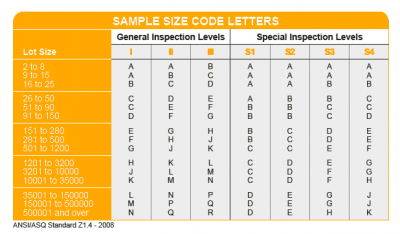 AQL Table | How to Read It
AQL Table | How to Read It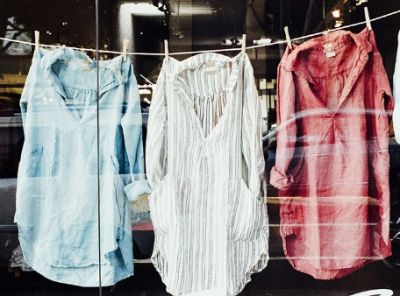 TOP 10 Common Defects in Garments Quality Inspection
TOP 10 Common Defects in Garments Quality Inspection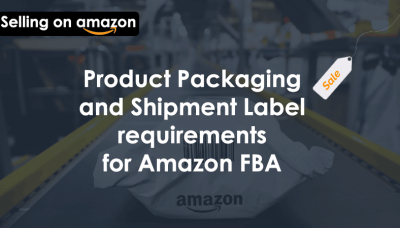 Product Packaging and Shipment Label requirements for Amazon FBA
Product Packaging and Shipment Label requirements for Amazon FBA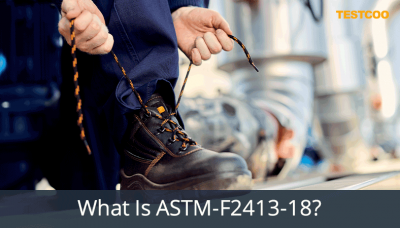 What Is ASTM-F2413-18? Protective Footwear Standard
What Is ASTM-F2413-18? Protective Footwear Standard How to Conduct Third-Party Quality Control Inspections for Electric Scooters
How to Conduct Third-Party Quality Control Inspections for Electric Scooters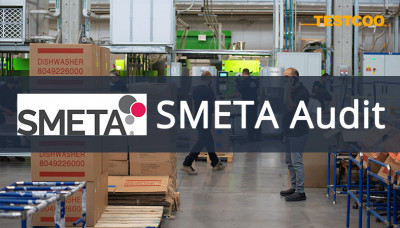 SMETA Audit-What is SMETA Audit?
SMETA Audit-What is SMETA Audit?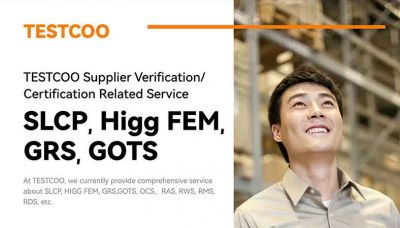 TESTCOO Supplier Verification/Certification Service SLCP, Higg FEM, GRS, GOTS
TESTCOO Supplier Verification/Certification Service SLCP, Higg FEM, GRS, GOTS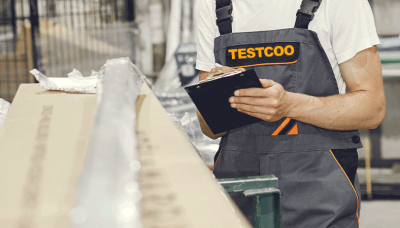 Quality Control Inspection Company in China
Quality Control Inspection Company in China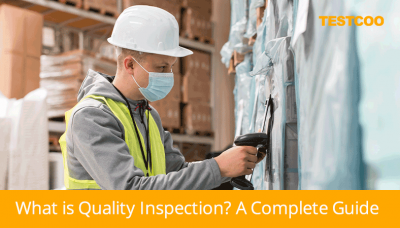 What is Quality Inspection? A Complete Guide
What is Quality Inspection? A Complete Guide Guidelines for Product Inspection in India
Guidelines for Product Inspection in India
Category
- Production Inspection Service
- Factory Audit
- Softline Inspection
- Hardline Inspection
- Electrics Inspection
- Certification
- Checklist
- Manufacturers
- Quality Assurance Basics
- Products Recall
- AQL
- Guidence and Standard
- News
- Supplier Management
- Amazon
- Protective Equipment
- e-commerce quality control
- Indian Manufacturing
- Soft Goods Quality Control
- Supply Chain Management
- Supply Chain Resilience
- E-Commerce Quality Control
- ISO 2859
- Supply Chain Optimization
- Garment Industry
- Higg Index


